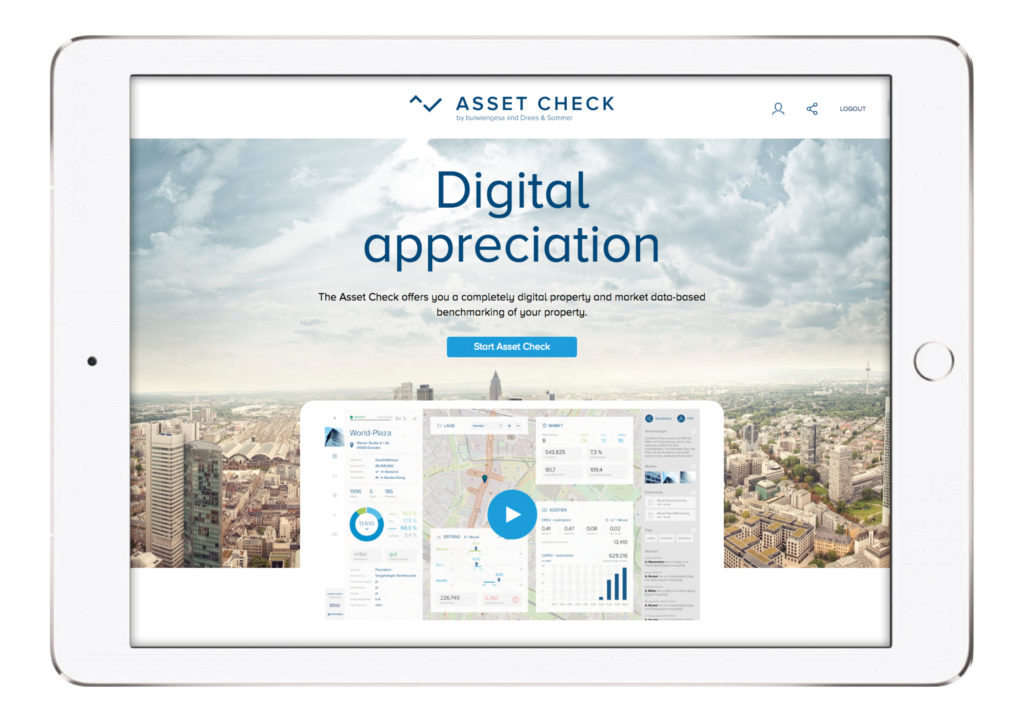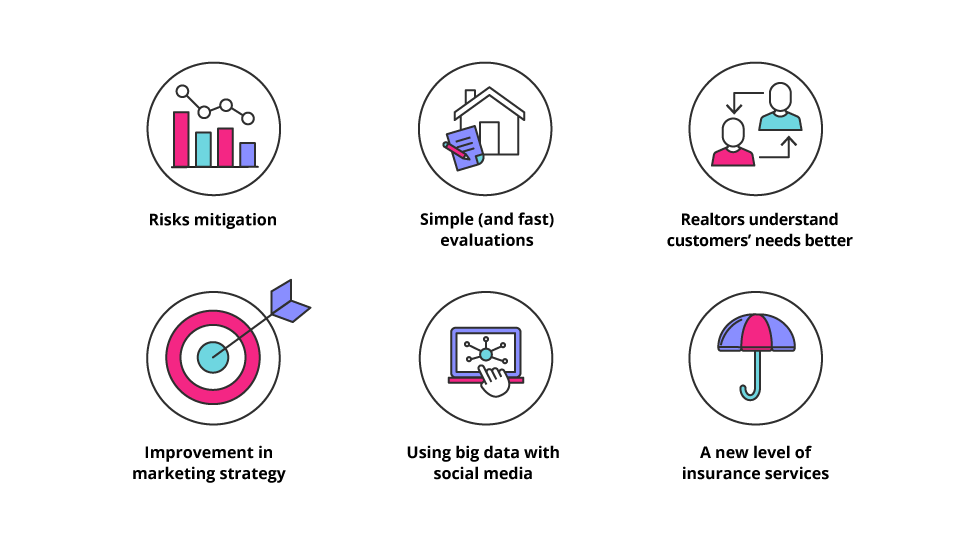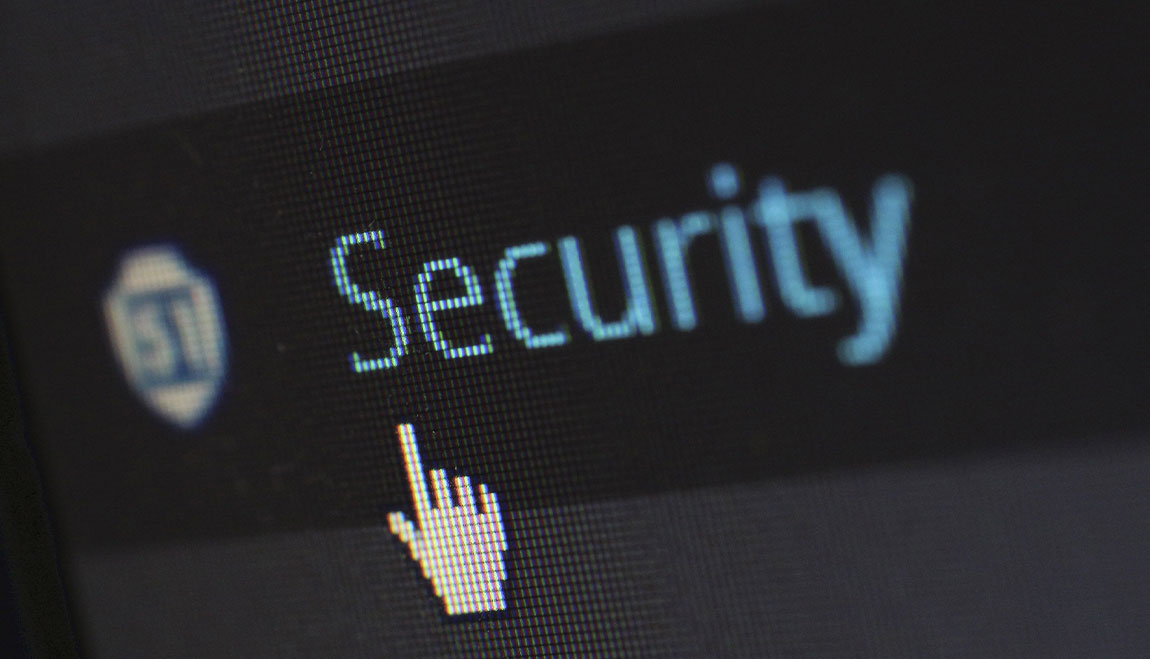As digitization occurs, the real estate industry must keep a close eye on its cybersecurity as it opens the industry up to more potential security breaches. However, measures can be taken to ensure the cybersecurity of businesses within the industry.
The world has dramatically changed within the last year and so has the way the real estate industry does business. One of the main changes, digitization, has accelerated as a result of travel bans and restrictions imposed globally. Real estate has been one of the industries that saw itself faced with the need to rapidly digitize to avoid being left behind. However, it is not that simple. The real estate industry must ensure digital security before it can fully embrace digitization as customers will not be willing to use digital channels if cybersecurity can not be guaranteed.
Ensure secure systems
The digitization of the real estate industry has allowed for the emergence of digital alternatives within the industry. An example of this is PropTech (the use of technology in the real estate market). These digital alternatives are the future of the real estate industry. But with digitization also comes new risks and procedures that might come across as complex for some traditional industry experts.
In the past year, criminals have been exploiting the Covid-19 pandemic and targeting people’s vulnerabilities as a result. In the UK, Covid related cybercrime fueled a 15-fold rise in scam takedowns by the national cybersecurity agency. For example, 43 fake NHS Covid-19 apps hosted outside of official app stores were pulled. People were attracted by the idea of being vaccinated so willingly gave up their personal information in return for a vaccination.

Nowadays, people are willing to give up information to do something digitally. The pandemic has made people seek out digital alternatives and they aren’t taking the same precautions as they would have done in a pre-COVID world. In the year since the pandemic began, the number of attempts at digital fraud has risen to 46%, with the FBI reporting that the number of phishing scams has nearly doubled between 2019 and 2020.
Opportunities from digitization
On one hand, moving to digital alternatives can have many benefits for your business. For example, the digitization of land records can actually help to prevent fraud as owners know their right to ownership of the land and it can also make to process of land acquisition far easier and more transparent. Many real estate businesses are embracing this digitization and are quickly overtaking their more-traditional counterparts. Examples of this innovation in the real estate industry include 42 Floors, Homesnap, and Homelight.
On the other hand, it can also make a business more vulnerable. In particular, with real estate, no federal law mandates that businesses have to implement information-security programs, as you would see in the systems of banks and hospitals. This has resulted in real estate companies with vulnerabilities within their systems.
In 2017, the FBI warned of a large spike in cyberattacks specifically targeting real estate companies. They noted that fraudulent real estate transactions jumped 5,000%, from $19 million in 2016 to nearly $1 billion (US $969M) in 2017.
Minimizing the risk of security breaches
According to a report by KPMG, more than 50% of real estate businesses are not prepared to mitigate or prevent a cyber attack. So what measures should be taken to minimize the risk of breaches? Here are three examples of what can be done to prevent these security breaches.
- Invest in cybersecurity insurance
Cyber insurance covers your business’s liability for a data breach. They tend to cover a broad range of issues that can arise from cybersecurity breaches and provides means to protect the business and its customers. This can include data compromise protection, identity recovery protection, and cyber protection.
- Never conduct and confirm wire transfers by email
Scammers often use wire transfers. This is because the transfer is immediate and often irreversible. The scammer gains access to a legitimate email account and impersonates a realtor, escrow officer, attorney, or lender. They then provide fraudulent wiring instructions to wire the money directly into the scammer’s account.
- Use a cloud security platform
Cloud security platforms allow you to monitor the security of your software and to easily detect security breaches. Implementing a cloud security strategy protects your data, adheres to regulatory compliance, and protects your customers’ privacy. This then protects you from the reputational, financial, and legal consequences of data breaches and data loss.

What sorts of technology can real estate expect to see?
Artificial intelligence (AI) and real estate go hand in hand. AI allows real estate professionals to filter their audience by analyzing data. The result of this being more informed decisions being made than a human could make alone. Investors are leveraging AI algorithms to find insights into real estate market trends and improve areas of business, including marketing, finance, and more.
Bulwiengesa and Drees & Sommer, real estate consultancy firms, joined together to use digitization to their benefit. They created an online tool called Asset Check. The tool helps clients make sense of the data gathered rather than leaving them to draw their own conclusions.

A fundamental part of the real estate industry is understanding the client. The introduction of AI and Big Data into real estate allows businesses to accurately analyze customer behavior, distinguish the ones with real intent to buy a property from the ones just browsing out of curiosity. This saves substantial time and customer servicing costs thus improving efficiency. It can also identify trends in the properties customers are going for to allow for the selection of the best properties. Finally, it can also help to tailor the properties the real estate agent may share with specific clients.

Digitization to drive success
Digitization is inevitable. Therefore the real estate industry is challenged to ensure the security of its digital platforms and tools. The benefits of digitization outweigh the cybersecurity fears. Therefore, once the industry strengthens its cybersecurity, real estate can thrive and adapt to the world of today.




